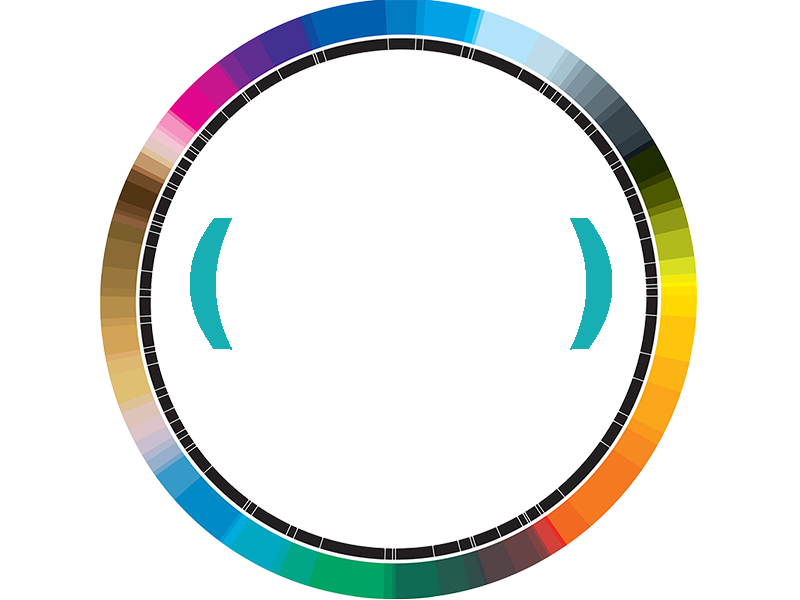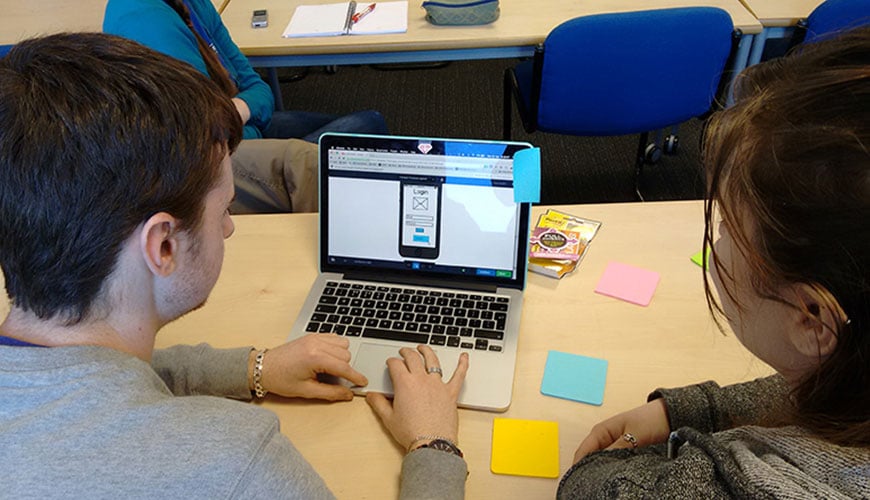Coaching Relationships: The Key to Unlocking Potential
- By BE.YOU.FULL
- In Blog
Coaching relationships are powerful catalysts for personal and professional growth. By establishing trust, setting clear goals, engaging in active listening, encouraging self-reflection, creating accountability, celebrating achievements, and promoting a growth mindset, both coaches and coachees can cultivate a transformative experience. These relationships not only unlock potential but also inspire individuals to become their best selves. Whether you’re embarking on a coaching journey or seeking to enhance your coaching skills, remember that the heart of coaching lies in the strength of the relationship where collaboration, support, and a commitment to growth flourish.
In the realm of personal and professional development, coaching relationships play a pivotal role in guiding individuals toward their goals, enhancing their skills, and unlocking their full potential. These relationships are built on trust, respect, and a shared commitment to growth. Whether you’re a coach or a coachee, understanding the dynamics of coaching relationships can significantly influence the outcome of your development journey. Here’s an exploration of the key elements that make coaching relationships effective and transformative.
Establishing Trust
Trust is the foundation of any successful coaching relationship. For a coachee to feel comfortable sharing their thoughts, challenges, and aspirations, they must trust their coach. This trust is built through consistent communication, confidentiality, and genuine care. As a coach, it’s essential to create an environment where the coachee feels safe and valued, encouraging them to open up and engage fully in the coaching process.
Setting Clear Goals
A strong coaching relationship is grounded in clearly defined goals. Both the coach and coachee should collaboratively identify what they hope to achieve through their sessions. These goals should be specific, measurable, achievable, relevant, and time-bound (SMART). By establishing clear objectives, both parties can track progress and celebrate milestones, making the journey more rewarding.
Active Listening and Feedback
Effective coaching hinges on active listening and constructive feedback. Coaches must hone their listening skills to understand the coachee’s perspective, concerns, and aspirations. This not only demonstrates respect but also allows the coach to tailor their approach to meet the coachee’s needs. Additionally, providing thoughtful feedback both positive and constructive helps coachees grow and develop their skills, fostering a deeper connection between the two.
Encouraging Self-Reflection
Self-reflection is a critical component of personal growth. A skilled coach encourages their coachee to engage in reflective practices, helping them gain insights into their behaviors, beliefs, and decision-making processes. By guiding coachees to examine their experiences critically, coaches empower them to identify patterns, make informed choices, and take ownership of their development journey.
Creating Accountability
Accountability is essential in a coaching relationship. Coaches should work with their coachees to establish accountability measures that keep them on track toward their goals. This could include regular check-ins, progress assessments, or action plans. By holding coachees accountable, coaches help them stay committed to their development and encourage a sense of responsibility for their own growth.
Celebrating Progress and Achievements
Recognizing and celebrating progress is vital in a coaching relationship. Acknowledging milestones, no matter how small, boosts motivation and reinforces the coachee’s commitment to their goals. Coaches should take the time to celebrate achievements, providing positive reinforcement that encourages continued effort and resilience.
Emphasizing Growth Mindset
A growth mindset the belief that abilities and intelligence can be developed is crucial in coaching relationships. Coaches should foster this mindset by encouraging their coachees to view challenges as opportunities for growth rather than obstacles. By instilling a growth mindset, coaches empower coachees to embrace learning, adapt to change, and persevere through difficulties.
Coaching Relationships: The Key to Unlocking Potential - FAQs
Explore how trust, empathy, and structure create transformational coaching relationships - and why they’re essential to growth, wellbeing, and performance.
What makes a coaching relationship different from normal support?
Why is trust the foundation of effective coaching?
How can coaches build strong relationships quickly?
What role does empathy play in coaching?
How do coaching conversations unlock potential?
How can both parties maintain healthy boundaries?
Why is reflection vital in a coaching relationship?
What makes coaching relationships successful long-term?
- Share:
You may also like

A Parent’s Guide to Youth Confidence, Agency, and Identity in London
- December 1, 2025
- by BE.YOU.FULL
- in Blog

The State of Youth Mentoring in London 2025



